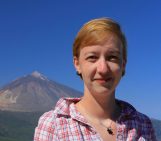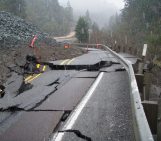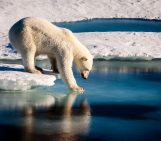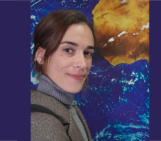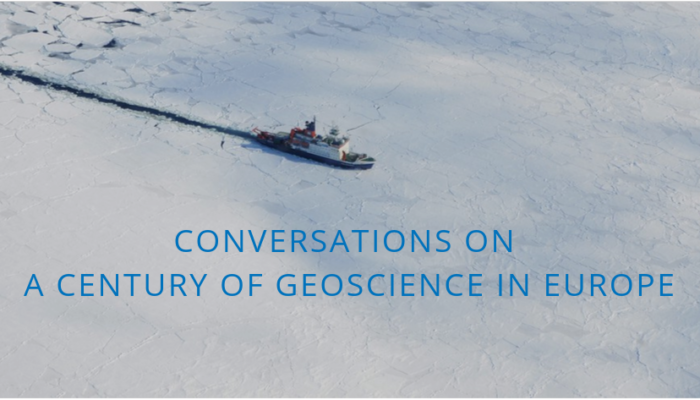
Over the last century, geoscientists have made incredible contributions to our understanding of the Earth, the solar system, and beyond. Inspired by the American Geophysical Union (AGU) and the International Union of Geodesy and Geophysics (IUGG) centennials, which are celebrated in 2019, we would like to highlight Europe’s role in shaping the geosciences and the great achievements of European geoscientists within the last century.
In this series of interviews, scientists reflect on the last 100 years of Earth, space and planetary sciences in Europe and share their perspectives on the future.
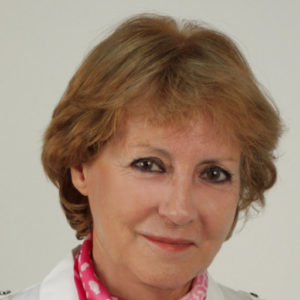 Anny Cazenave: Director for Earth Sciences at the International Space Science Institute in Switzerland, and emeritus scientist at the Laboratoire d’Etudes en Géophysique et Océanographie Spatiales (LEGOS)
Anny Cazenave: Director for Earth Sciences at the International Space Science Institute in Switzerland, and emeritus scientist at the Laboratoire d’Etudes en Géophysique et Océanographie Spatiales (LEGOS)
In your opinion, what are some of the biggest ways Europe and European scientists have shaped the geosciences within the last century?
Being myself a ‘remote sensing’ scientist, I think that ‘Observation of the Earth and its environment’ from space has played a crucial role in the geosciences during the past few decades in Europe and in the US satellites provide a broad variety of measurements about physical and biochemical systems, with global coverage (including remote areas like polar regions and deserts) and a short revisit time. These multidecade-long observations from space inform on global changes affecting the planet in response to natural phenomena and human activities. Such observations have certainly revolutionised numerous fields in Earth sciences, such as geodesy, solid Earth geophysics, hydrology, oceanography and climate science, demonstrating the planet needs to be studied as a global system whose components interact with each other in a very complex way. In Europe, the COPERNICUS programme of the European Union (in particular its space component: the Sentinel missions), dedicated to monitor the Earth and its environment on the long term, plays a determinant role, providing the science community (among others stakeholders) with a large variety of well calibrated data sets, freely available.
For the next generation of researchers, what skills/technology/concepts do you think will be the most important for advancing the next century of geoscience?
The main challenges the next generation of researchers in the Earth sciences will be faced to are ‘pluridisciplinarity’ and ‘transdisciplinarity’. As I mention above, the geosciences are no more a juxtaposition of narrow, independent fields. They need to be redefined as ‘Earth System sciences’.
What do you think will be the biggest challenges for the geosciences in the next century?
The Earth is not like other planets because the human component is definitely part of the Earth system and its evolution. Thus, current research in Earth sciences needs to account for the impacts of human activities on the Earth System (e.g., in the domain of climate change or biodiversity evolution) as well as for the impacts of natural systems on human societies. Thus, the biggest challenge in the geosciences for the coming decades is to fully include the societal component in all research topics.
Interview by Olivia Trani, EGU Communications Officer
You can find more of our interviews on a century of geoscience in Europe here:

